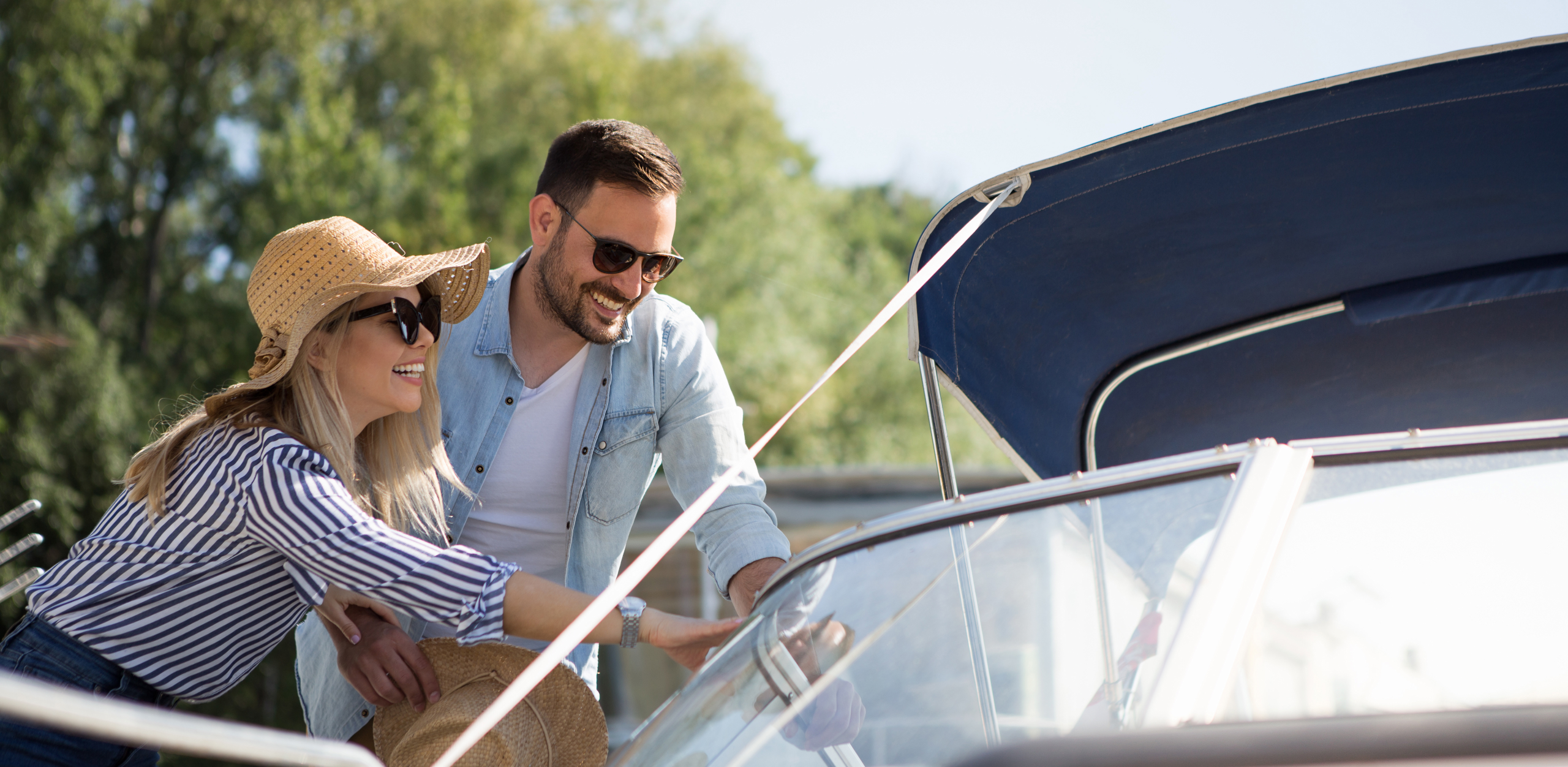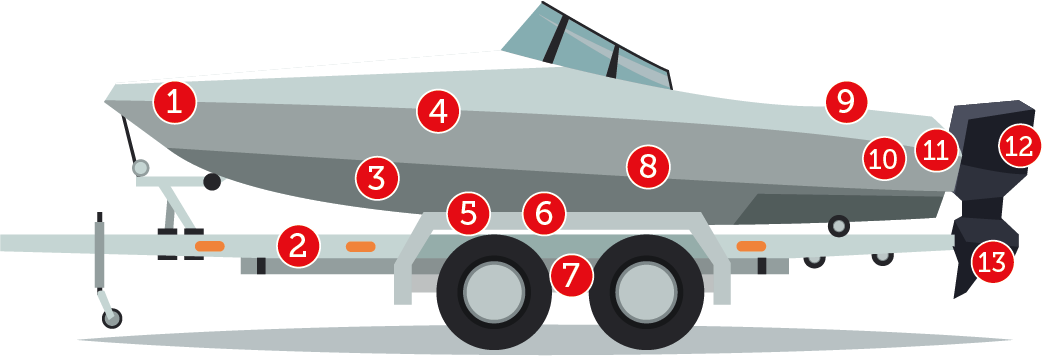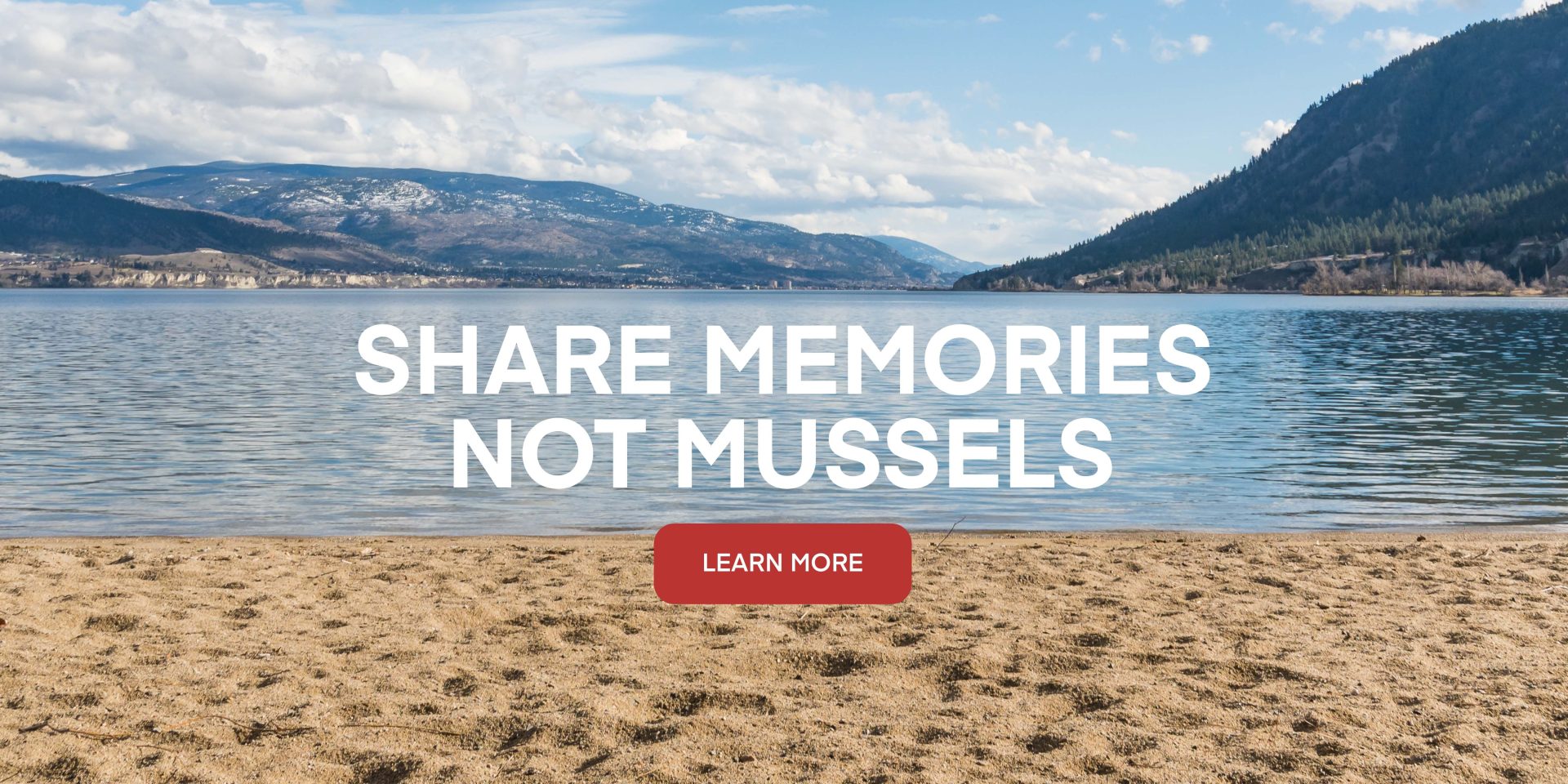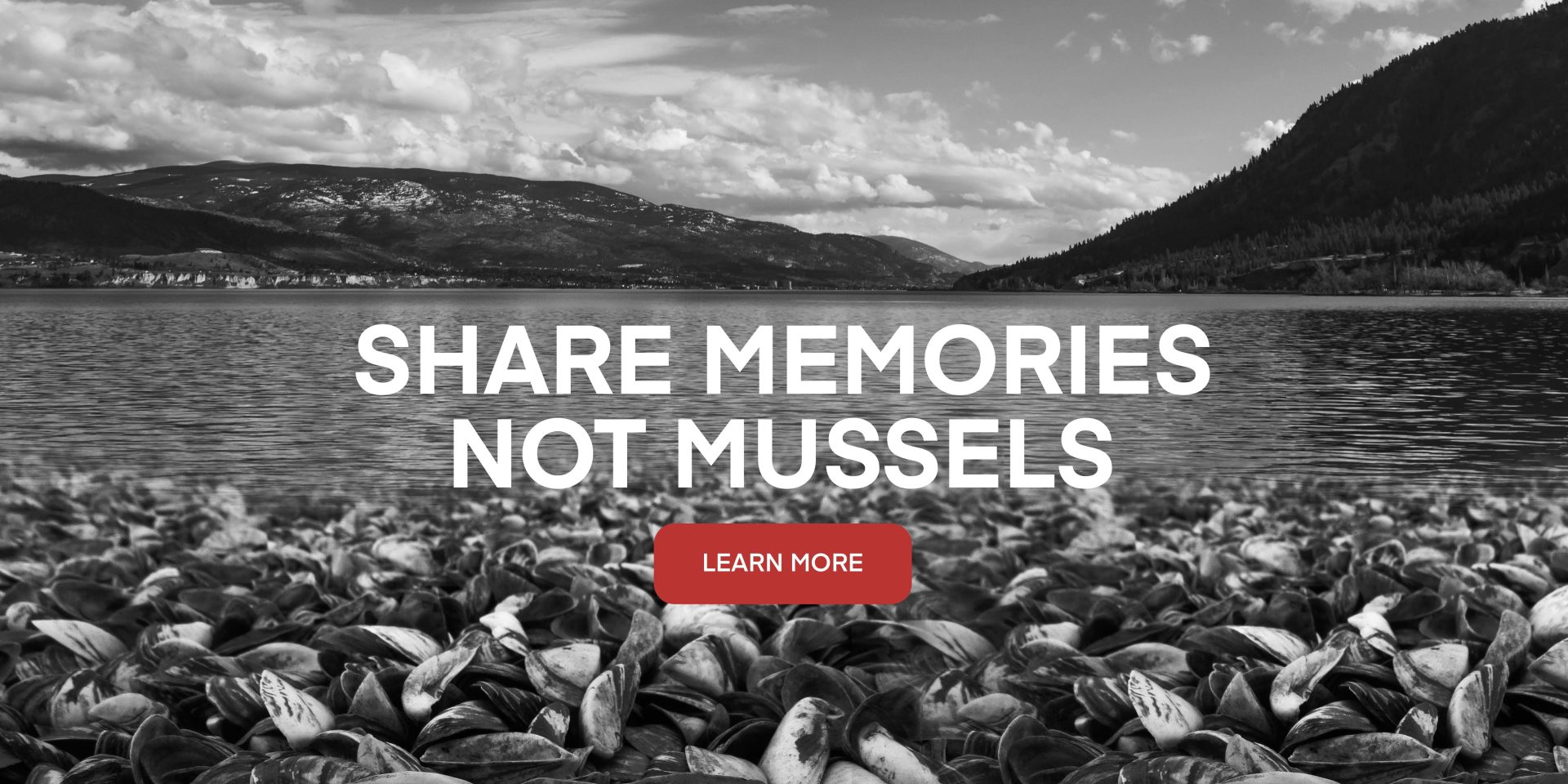
YOUR ACTIONS CAN HELP KEEP INVASIVE MUSSELS AWAY.
Invasive mussels are more than just a nuisance. They increase toxic algae in our drinking water, decimate fish populations by collapsing the food chain, foul our beaches with razor-sharp shells, and force costly repairs to essential water systems – all while changing the very smell and taste of our lakes. Don’t let them wreak havoc on our water quality, infrastructure, and economy.
PREVENTION IS THE BEST PROTECTION AGAINST INVASIVE MUSSELS.
RESPONSIBLE RECREATION CHECKLIST
Whether you’re just visiting to make beautiful memories or live in this beautiful region, stopping invasive mussels is everyone’s responsibility.
If you own watercrafts, including boats, kayaks, paddleboards and fishing gear, ensure to check all the boxes on the Responsible Recreation Checklist when enjoying the Okanagan’s waterways.
Plan Ahead
Plan your route to pass by ALL provincial watercraft inspection stations.

Stop at ALL
Inspection Stations
It’s mandatory and helps protect our waters.
Pull the Plug,
It’s the Law
Drain all bilges and compartments on land—it’s the law in B.C.
Clean. Drain. Dry –
Every Time
Boats, gear, paddleboards—every trip, every time. Use the Boat Inspection Checklist below for the Clean. Drain. Dry protocol to ensure you’ve been thorough.
Rent Here, If Coming
From Infested Areas
Visiting from a mussel-infested province or state? Rent watercraft locally instead.

KNOW SOMEONE VISITING?
Encourage them to rent their watercraft here, and stop at
all inspection stations if bringing watercraft.
CLEAN. DRAIN. DRY.
Before launching into any lake or water body, always clean your boat and gear, drain
every compartment, and let everything dry completely.
CLEAN
Clean off all plants, animals and mud from your watercraft and related equipment (e.g. boots, waders, fishing gear). If a power washing station is available, use it.
DRAIN
Drain (on dry land) any item that can hold water (e.g. buckets, wells, bilge and ballast).
DRY
Dry all items completely before launching your watercraft into another body of water.
BOAT INSPECTION CHECKLIST
Common hiding spots for invasive species:

Ensure to stop at ALL watercraft inspection stations when visiting.


